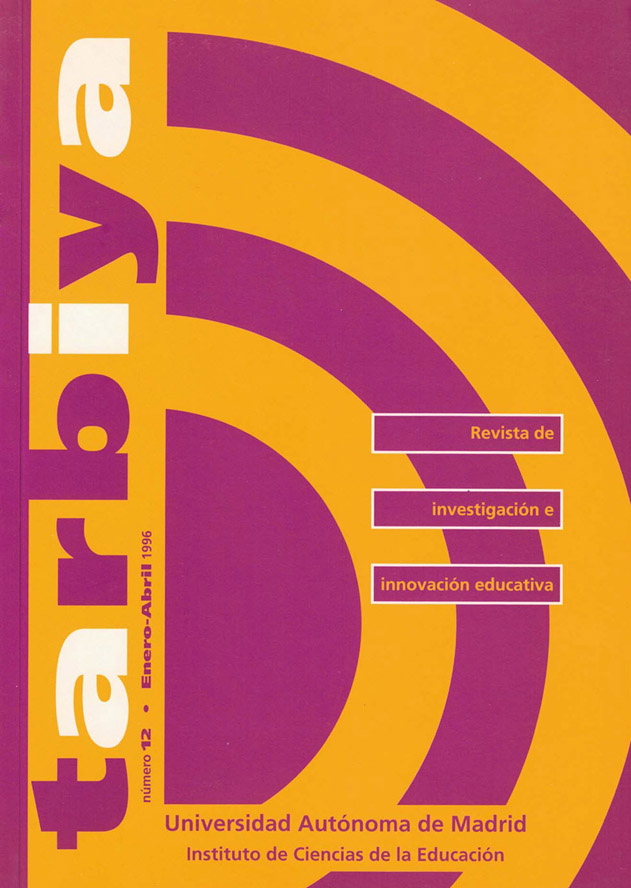Keywords:
Education, Health, WillAbstract
Education aims to provide knowledge to promote action. As Kant stated, following education man is same but not the same.
The educacional message should empower roan to be the builder of his own destiny, providing the intellectual basis to choose, in this case Health, as one of the most precious goods. To attain this, it is necessary to «be» (building the personality) and to «be wise» (knowledge), so that to choose rightly («will») and reject those things that may harm. Our Cajal pointed that to demolish is not enough, we should build. Educacional intervention aims to strengthen the will, the definitory characteristic of man, the goal of our existence (Emerson).
Every Teacher and health agent should work as health educator with his/her attitude and behaviour «Verba movent, exempla trahunt», and stimulate the preoccupation for the problems.
Thus, the emphasis is more on care than in cure, and this concept should be embodied from the early infancy, in family and in school, posing benefit for the individual and the community. In conclusion, we need a knowledge and motivation basis to promote responsible behaviours with the active involvement of the individual and society.
Downloads
References
BECKER, G.S. (1992). Habits, Addictions and Tradition. Kyklos, 45, 327-46.
CAPS. (1987). Centre d'analisis i programes sanitaris. Barcelona: Ed. Tendencias actuales en Educación Sanitaria.
DEXEUS, J.M. (1963). La sexualidad en la práctica médica. Barcelona: Roche.
FEE, E. y ACHESON, R.M. (1991). A history of Education in Public Healt. Oxford Univ. Press.
FERNÁNDEZ SIERRA, J. y SANTOS, M.A. (1992). Evaluación cualitativa de programas de Educación para la Salud. Málaga: Aljibe.
GIMENO, J. (1984). La pedagia por objetivos: obsesión por la eficacia. Madrid: Morata.
GREEN, L.W. y KREUTER, M.W. (1991, 2ª). Promotion planning. An educacional and enviromental approach. Toronto: Mayfield Publishing Co.
GLANZ, K.; LEWIS, P.M. and RIMER, B.K. (Ed.) (1990). Health behaviour and health education. Theory research and practice. San Francisco: Jossey Bass.
GRACIA, D. (1989). Los cambios en la relación médico enfermo. Medic. Clín., 93 (3), 100-02.
GUTIÉRREZ, J.A. (1994). Niño, deporte y nutrición. Ibérica, 370, 598-600.
JURADO, M. (EN PRENSA). Técnicas de educación para la salud. En J. Rey Calero, Cómo cuidar la salud. Madrid: Síntesis.
LINCOLN, Y.S. (1993). Fourth generation evaluation. The Paradigm Revolution and Health promotion. Rev Can. de Santé Publ., 83s.l, 56-60.
MODOLO, M.A. (1983). Strategie educative per i programe sanitari. Educazione San. e Med Prev. 3, 22.
OMS (1978). Alma-Ata. Atención Primaria de Salud. Ginebra n° l.
OMS (1987). Carta de Otawa para la promoción de la Salud. Rev San e H. Púb. 61, 129-133.
OMS (1983). Nuevos métodos de educación Sanitaria en la acción primaria de Salud. Inf. técnico n° 690.
RAMÓN Y CAJAL, S. (1963, 8ª). Los tónicos de la voluntad. Madrid: Espasa-Calpe.
SÁENZ CRESPO J.A.; ALONSO, M.C.; FERNÁNDEZ, F. y VOS, R. (1987). Fundamentos para la elaboración de los programas de salud para la comunidad. Rev San. H. Púb., 61, 1017-16.
SALLERAS, L. (1985). Educación Sanitaria. Principios, métodos y aplicaciones. Madrid: Díaz de Santos.
SÁNCHEZ MORENO, E.; RAMOS, E.; SÁNCHEZ, V. y MARSET, P. (1995). Estructura de racionalidad en educación para la salud, fundamentos y sistematización. Rev San H Púb., 69: 1.5-15.
SERRANO GONZÁLEZ, M.I. (1989). Educación para la salud y participación comunitaria. Madrid: Díaz de Santos.

